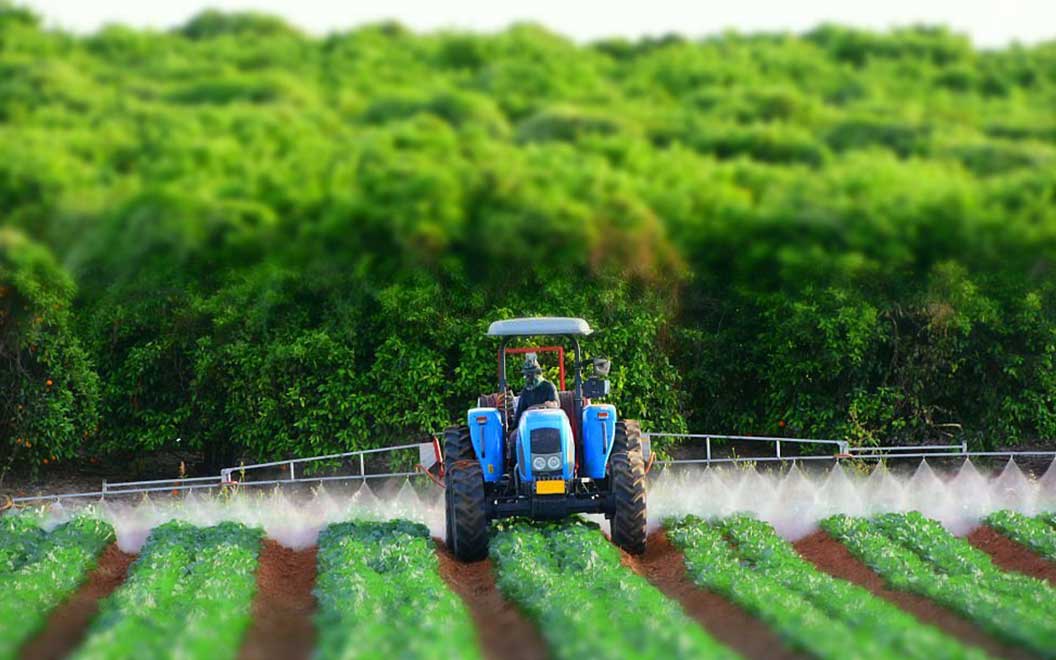THE THREATS POSED BY INDISCRIMINATE USE OF PESTICIDES ON FARMS
The declining health of the soil has been attributed to many factors, but the problem rendered by pesticides to the health of crops has been left with little or no attention. Although pesticides are noted to kill pests and prevent them from destroying crops, the adverse effects it has on the health of crops is one which affects the soil, the quality of food and the environment in general. The Centre for Biological Diversity mentioned that “Pesticides can linger in the soil for years or decades after they are applied, continuing to harm soil health.” For the purpose of this article, a pesticide is a chemical substance used for destroying insects or other organisms harmful to cultivated plants or animals. These harmful organisms are termed as pests. Pesticides include insecticides, fungicides, herbicides, rodenticides, molluscicides, plant growth regulators, among others.
Pesticides contaminate turf, soil and the vegetation. With its impact on the environment, it goes a long way in killing insects. Some of these insects contribute to the fertility of the soil thus getting rid of them through the use of pesticides in agriculture means giving room for the deprivation of the necessary nutrients needed in the soil.
Applying pesticides to soils can cause beneficial soil microorganisms to die. “Indiscriminate use of these chemicals might work for a few years, but for a while there aren’t enough beneficial soil organisms to hold onto the nutrients” (Savonen, 1997). Insecticides are the largest toxic chemicals among the pesticides. With the use of these pesticides, the soil can be degraded contributing to the destruction of soil organisms in the soil. The fertility of the soil is lessened and farmers have to adopt artificial means to get the soil support the growth of plants. The reason is that some pesticides can break down quickly when applied to the soil but others will linger in the soil for so long thus inhibiting the soil structure.
During surface run-off by water, the pesticides from treated plants contaminate water sources. These water bodies are consumed by man and are used for irrigation purposes as well; hence having surface contamination of our water bodies causes a direct impact to the survival of man and an indirect one on the health of plants due to the presence of pesticides. A study conducted on surface run-off after spraying farmlands or plants with pesticides found that on major river basins, about 90% of water and fresh fish samples from all streams contain pesticides.
Pesticides can also severely affect the quality of a seed. When seeds are being exposed to some pesticides, it can increase the risk of seeds or crops being susceptible to diseases. Sometimes, the non-target crops and vegetation are also affected by the pesticides.
In the verge of fighting against pests, the use of pesticides must be minimized on farmlands and in gardens due to the adverse effects it has on the agriculture system, the environment, microorganisms in the soil and the health dangers posed to the sprayer or man when spraying. Farmers should make sure that crops that are not targeted should not be at risk of suffering from injuries and yielding less fruits or food. Also, farmers should put on protective gears when treating crops and plants with pesticides.


Comments are closed.